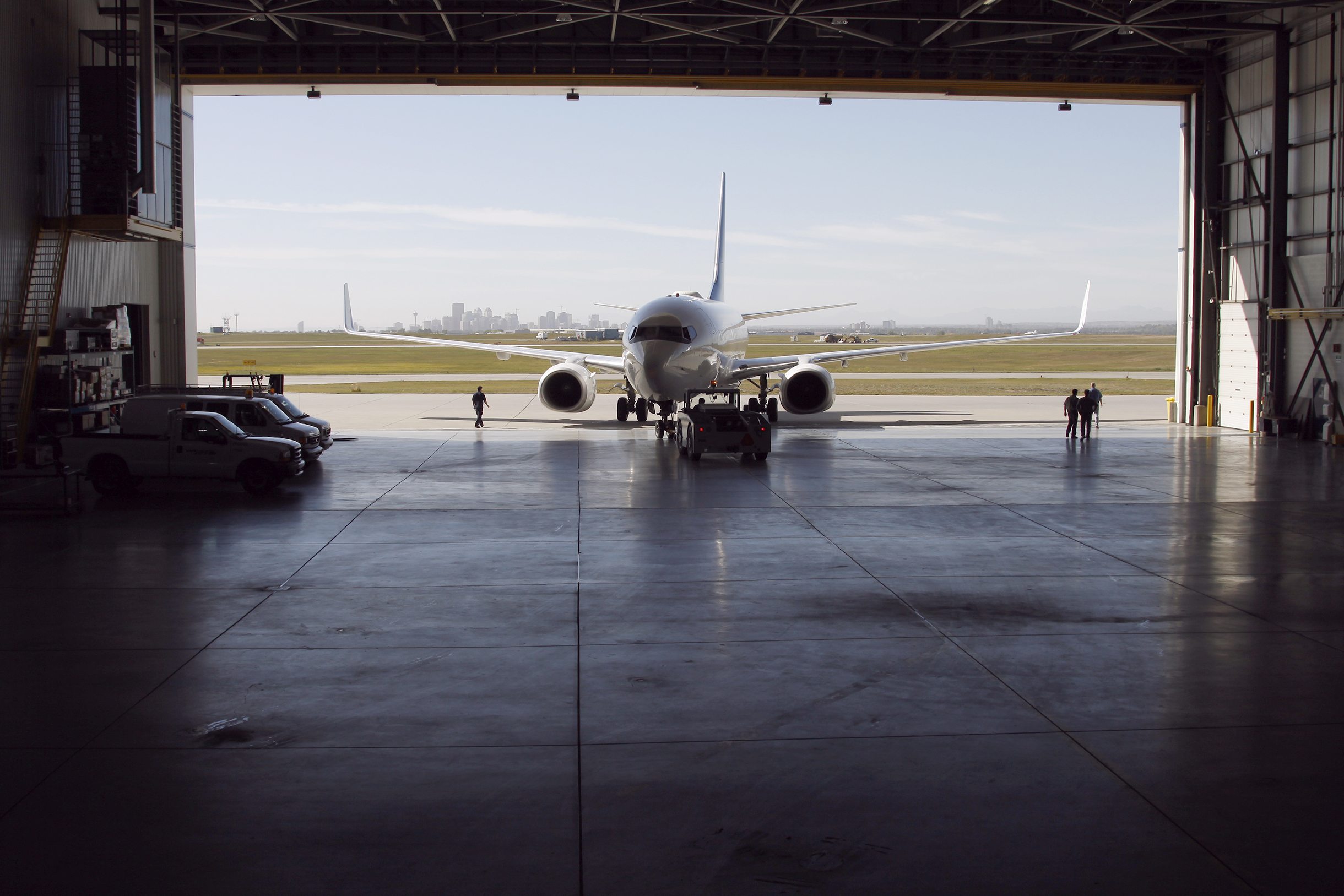-

How technology is impacting the Aviation industry
Thu Oct 11 2018. 2 min readBy Arjun Sondhi It is highly anticipated that the way in which people experience travel will become drastically disrupted by the various technological advancements expected to occur over the next five years. The airlines that leverage the emerging technologies such as AI, IoT and blockchain to create a seamless travel experience for their passengers will be the one’s that find long-term success. We have highlighted three key trends that we believe will transform the airline industry over the next five years. 1) A.I to provide a more personalised and seamless experience for passengers. Airline passengers are increasingly demanding a more personalised and frictionless experience from the moment they begin to research flights. Airlines recognise that A.I. has the capability to achieve these demands and are increasing their investment into AI technologies. Accenture found that 84% of airline executives expect to make extensive investments in embedded AI solutions over the next three years -which is amongst the highest level of commitment of any industry. A.I possesses the ability to impact several different areas of function within the industry. For instance, Lufthansa have created a personalised chat bot agent called Mildred. Customers can reach Mildred via Facebook Messenger and are able to search for flights that fit their flight preferences. Chat bots clearly present airlines with an opportunity to provide their customers with a personalised experience from the second they begin to research a holiday. By collecting and analysing real-time data about each passenger, as well as each flight, airlines can better integrate transport modalities and make every day travel a more enjoyable experience. As the industry becomes increasingly competitive, there is no room for one-size fits all approach. AI is something that all airlines simply cannot afford to not invest in. 2) Blockchain to enhance the customer experience and increase efficiency of processes The characteristics of the airline industry align very well with the capabilities of the blockchain. There are multiple data collection touch points along the travel journey from booking a flight, to arrival at the destination. These players can include airlines, travel agencies, payment companies, immigration, hotels, rentals and more. Each of these players has to collect, store and transfer a large amount of data. Despite the clear data sharing advantages blockchain presents the airline industry, there are also a number of other creative uses of the technology. Security Protecting data is a hot topic right now and with the large amount of sensitive data involved within the blockchain industry, security is an extremely important issue. Blockchain technology provides airlines with a less risky way of managing and sharing this information through the use of authorised access requirements. Ticketing Blockchain allows airlines to tokenise an e-ticket, thus opening the door for multiple partners to sell tickets, in real time from anywhere in the world. Loyalty By tokenising loyalty point schemes, passengers can get instant value by redeeming them instantly. Tokenising loyalty point schemes also allows partners to accept the points as a ‘currency’. It is very clear that both AI and Blockchain offers airlines the possibility to enhance the passenger experience, whilst making their processes more efficient and effective. Those airlines that embrace these new technologies will see their business soar to new heights. Arjun Sondhi is the Digital Director at BMC Global Services
